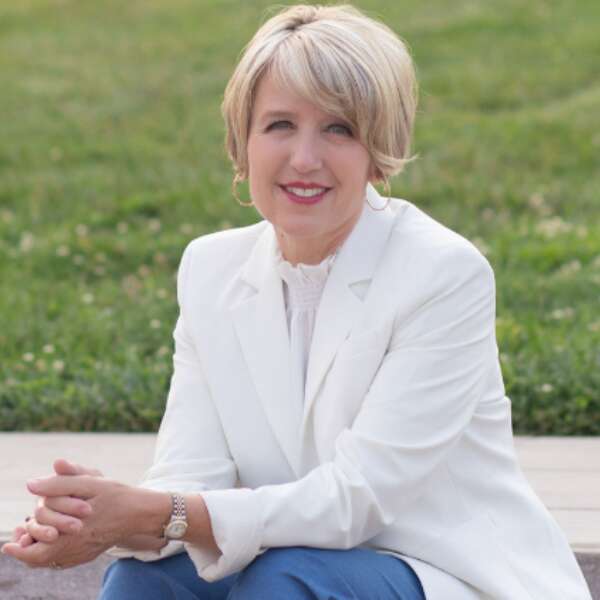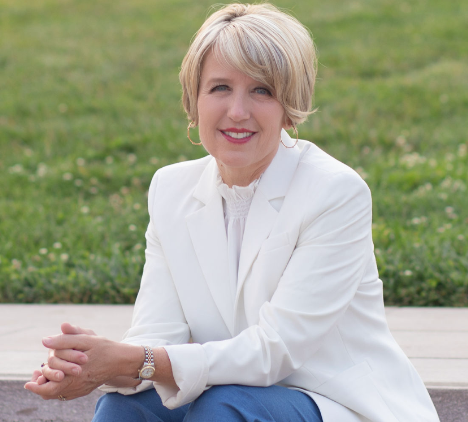Monica Irvine is the creator and President of The Etiquette Factory. As the published author of 5 books along with the storybook series, Fundamentals4Kids, Monica is a crowd favorite due to her wealth of knowledge on purposeful parenting. Monica leaves every crowd wanting more and more importantly, excited to leave and implement the strategies she teaches immediately into their Homelife. This year, we are excited to announce that Monica is also running for TN State Senator so we are excited she had the time to still be a featured speaker at Great Homeschool Convention.
https://www.theetiquettefactory.com










